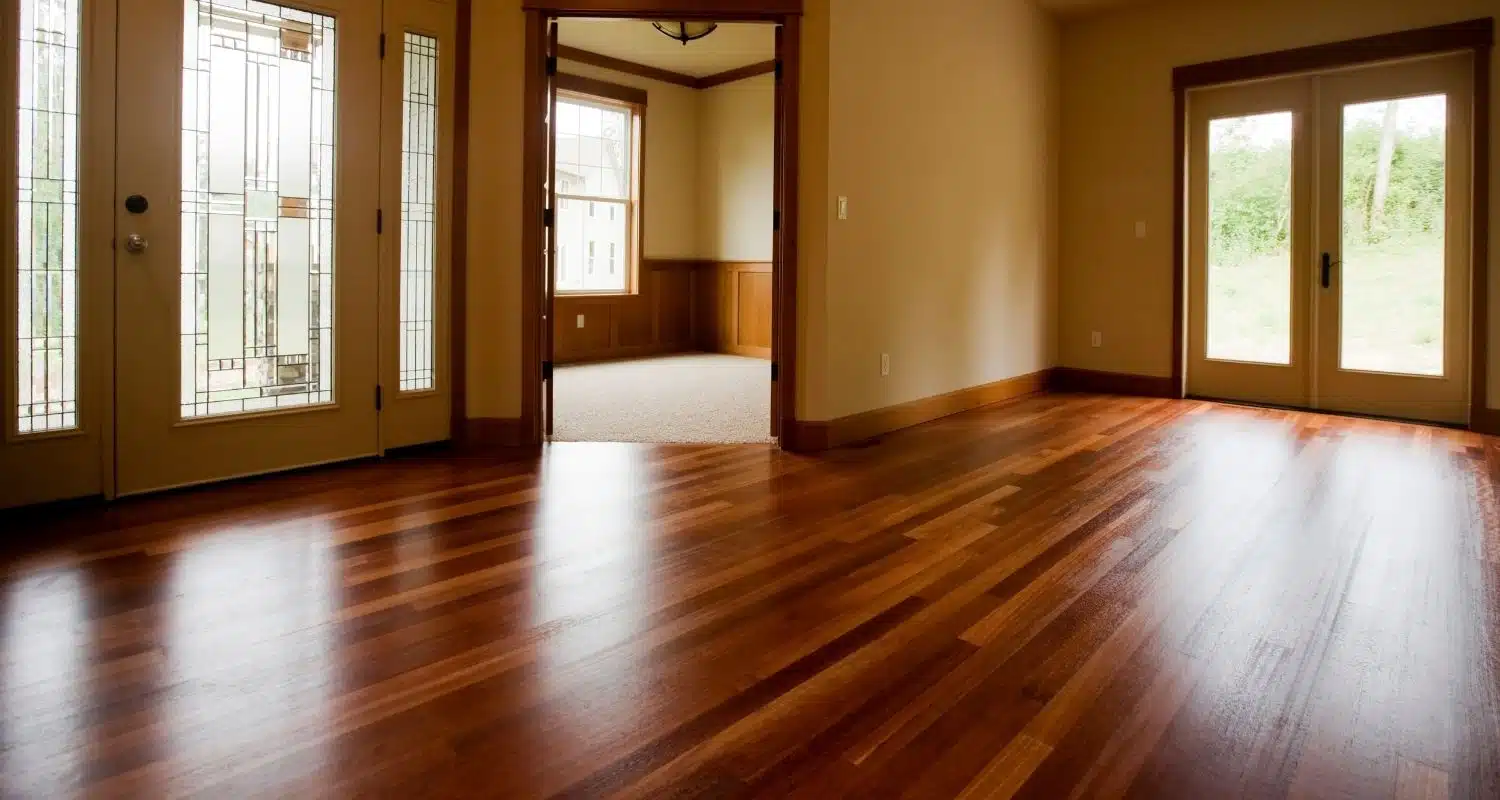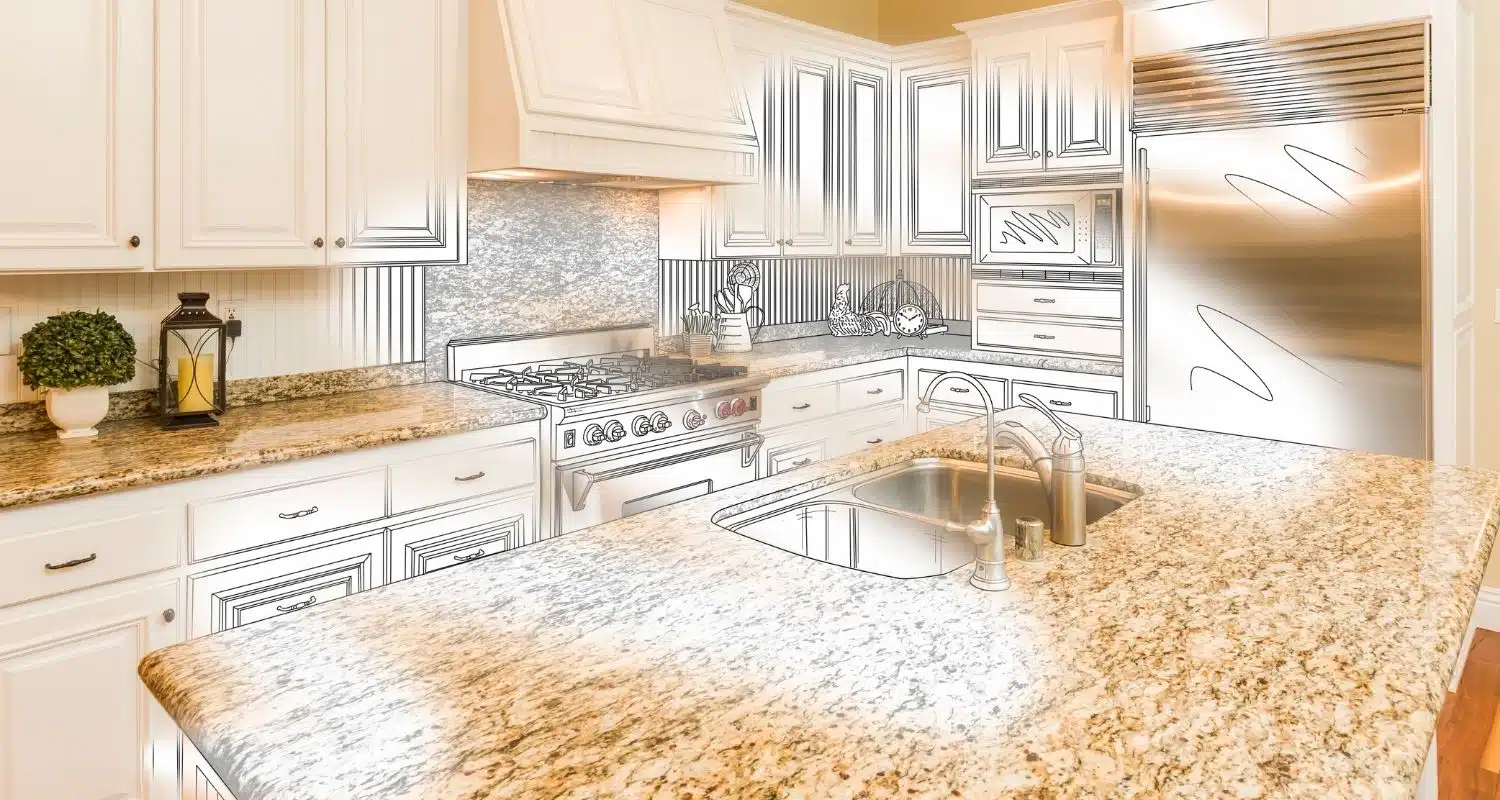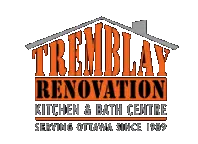Table of Contents
- Energy Efficiency
- Advantages
- Characteristics of an Energy-Efficient Home
- Building a Low-Cost, Energy-Efficient Home
Energy Efficiency
An energy-efficient building is a structure or home that uses less energy but still has the same features (and can do the same things inside the building). There are a lot of different ways to build and decorate a home to make this happen.
Advantages
There are many advantages to having an energy-efficient building such as:
- Lower Costs: When you invest a lot of money, you get a lot of money back over time. Providing the same amount of services will take a lot less energy to do so, which means that it is cost-effective. The low operating and utility costs of an energy-efficient building manifest because of this.
- Environmentally Conscious: The energy efficiency of a home equates to lesser greenhouse gas emissions generated, owing to actions made to limit the usage of fossil fuels to power the building (benefiting the environment for everybody).
- Comfort: A precisely built house considers the systems plus mechanical and electrical components which work together to maintain and achieve stable internal temperatures, enabling it to be a consistently pleasant environment.
- Enhanced Health: People’s health will be better due to cleaner air and ventilation, less mold, and a consistent temperature inside that makes them feel better mentally and physically. The cleaner ventilation stops allergens and toxins from moving around your home.
- Economic Value: The lower costs have long-term benefits, like making a home last longer and increasing its value, which makes businesses want to invest in them.
- Long-Lasting: Homes built with energy-efficient plans in place use better design techniques which make the home even better. The design pays attention to things like airways to help them be more durable and long-lasting; this also helps it become more environmentally friendly.
Characteristics of an Energy-Efficient Home
Airtight Construction
To make your house more efficient, one of the best things you can do is have a well-designed house that’s airtight and has insulation. A lot of heat and energy are lost through places like the roof, windows, gaps in the construction, and doors and windows which aren’t properly sealed. Uninsulated walls and floors also let heat and energy out. The ability to control how much heating and cooling goes out of the house is very important for saving energy.
Water System
Insulated water pipes and fixtures will help keep energy from being wasted. Some tankers heat water only when needed, not when it’s already heated. This makes the home more efficient and therefore wastes less energy.
Lighting
Lighting is the third area which takes a lot of energy in your home, after heating, cooling and water heating. If you have incandescent light bulbs in your home, you can change them with more energy-efficient bulbs like CFLs and LED (Light Emitting Diodes) lights. Using LED bulbs is a good way to save energy because they last a long time (and save you money and energy over time).
Appliances
In general, machines and appliances can be a big drain and waste of energy. This includes things like your fridge, dishwasher, and other appliances you use every day around the house. Energy Star appliances have a long life, which means you don’t have to buy new ones regularly; this saves money in the long run. Furthermore, high-production machines protect your home from rising energy costs, making it more valuable when it’s time to sell.
Building a Low-Cost, Energy-Efficient Home
- The first thing you should do is determine how much energy your home uses. You can use online calculators or hire a professional to do this for you. Tracking how much energy you use is important for cutting down on waste.
- There are many ways to save money by switching your old light bulbs for CFLs or LEDs. Lighting is one of the best ways to cut down on simple energy use.
- Lowering your water temperature to 120 Fahrenheit can help save money on your energy bills. Even if your water heater isn’t running, it can still cost you a lot of money each month.
- Using the sun is a big part of making your home more energy-efficient. Not only does it make energy, but it also helps you save money on heating costs in the winter. This can be seen with windows designed to let in a lot of light.
- The best way to save money on energy costs is to air seal your home right away. Making sure the building envelope is super-sealed, to keep heat or cool air from getting out, is very important to achieving your goal of having a low-energy home.
- Doors and windows are also important because they help to keep more energy from leaving your home (any heating or cooling that comes out of your home).
- With new features and upgrades, an energy-efficient home still functions based on how much water it needs to heat. Self-discipline on water usage (or replacing your current water heater with a tankless one) can help.
Choose Tremblay Renovation
Tremblay Renovation has been a leading contractor for home renovations in Ottawa for more than 35 years. We
Call us today to set up a home design consultation with our experts if you want to give your kitchen, bathroom or basement a new look.
For more information on energy-efficient home upgrades, visit tremblayrenovation.ca or call us in Ottawa at (613) 748-9999 today.
< Previous | Home | Next >





